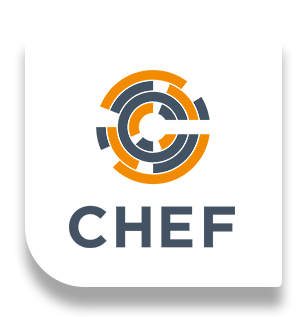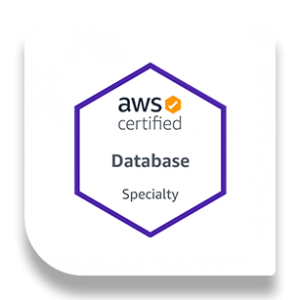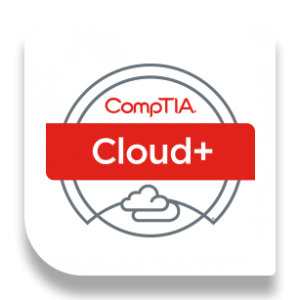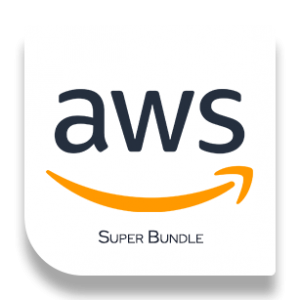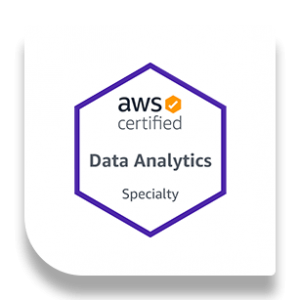CHEF Programming
Today, every company is a software company. And software changes constantly. Don’t let cumbersome, manual infrastructure change management processes slow your company down. You can achieve consistent, repeatable, and fast software delivery to any data center or cloud environment by automating your infrastructure changes. Chef is the infrastructure automation engine for modern software-driven organizations. Chef operates in a client-server architecture. The Chef Client’s agent runs on each managed node, periodically connecting to a Chef Server to download and evaluate configuration code, known as recipes. If no changes are necessary, Chef does not modify the system.
With Chef, you can:
Replace manual processes, runbooks, or brittle scripts with easy-to-understand automation code. The Chef language is designed to be easy to read and write and helps you declare & enforce a system’s intended state instead of memorizing arcane commands and options. In addition, the same language is used across Windows, Linux, UNIX, making it easy to understand how to perform similar actions across vastly different operating systems.
Reduce risk by validating infrastructure changes before pushing them to production. Because the Chef language is engineered on top of a full programming language, it is infinitely extensible to your environment, and the code you write can be tested for both correctness and quality before deployment. Use Chef’s rich ecosystem of tools like Test Kitchen, ChefSpec, and Foodcritic to quickly simulate real environments and see the impact your changes make before they impact production.
Adopt the cloud quickly by accelerating the setup and maintenance of ephemeral servers. Achieve the velocity that new business initiatives demand. Couple the cloud’s on-demand infrastructure with last-mile configuration using Chef to ensure new systems are set up correctly the first time, regardless of whether they number in the dozens or thousands.
Infrastructure as Code
Chef helps solve this problem by treating infrastructure as code. Rather than manually changing anything, the machine setup is described in a Chef recipe. Collections of recipes are stored in a cookbook. One cookbook should relate to a single task but can have a number of different server configurations involved (for example, a web application with a database will have two recipes, one for each part, stored together in a cookbook). There is a Chef server that stores each of these cookbooks, and as a new chef-client node checks in with the server, recipes are sent to tell the node how to configure itself. The client will then check in every now and again to make sure that no changes have occurred and nothing needs to change. If it does, then the client deals with it. Thus, patches and updates can be rolled out over your entire infrastructure by changing the recipe—no need to interact with each machine individually.
Our Chef Training Program:
This class will cover infrastructure as code. Start by learning about Chef architecture and the tools included in the ChefDK (Chef Development Kit). Then learn how to use a Chef Server to distribute your cookbooks to multiple servers as you push your application to production. Next, you’ll know what it means to turn infrastructure into code so that you can automate the configuration, deployment, and management of your Linux servers. Finally, we’ll show you how to test your infrastructure code so that you can deploy it with confidence.
This Chef Essentials training program is a comprehensive instructor led course covering the basic architecture of Chef, the use of Chef Development Kit (ChefDK), and associated tools. Development, engineering, and operations staff will learn to use Chef to automate server infrastructure configuration, deployment, and management. At the end of the course, students will have a code repository that can be used and modified to solve real business problems.
What you will learn
- Describe how Configuration Management with Chef is performed.
- Be technically savvy in the process of installing and configuring servers in the cloud or an on-premise datacenter.
- Gain an understanding of Chef’s core components, architecture, terminology and have basic fluency with the most commonly used tools.
- Be able to utilize and describe Chef terms like Resources, Recipes, Cookbooks, The Chef Server, Roles, Environments, and Data Bags
Course Components
- Chef Methodology Training Course
- Chef Environment Set Up Training Course
To see prices please register or contact your certification consultant.
Custom configured devices are available. Please contact your certification consultants for details or click on the device request button below. For stock device configuration please click here.
